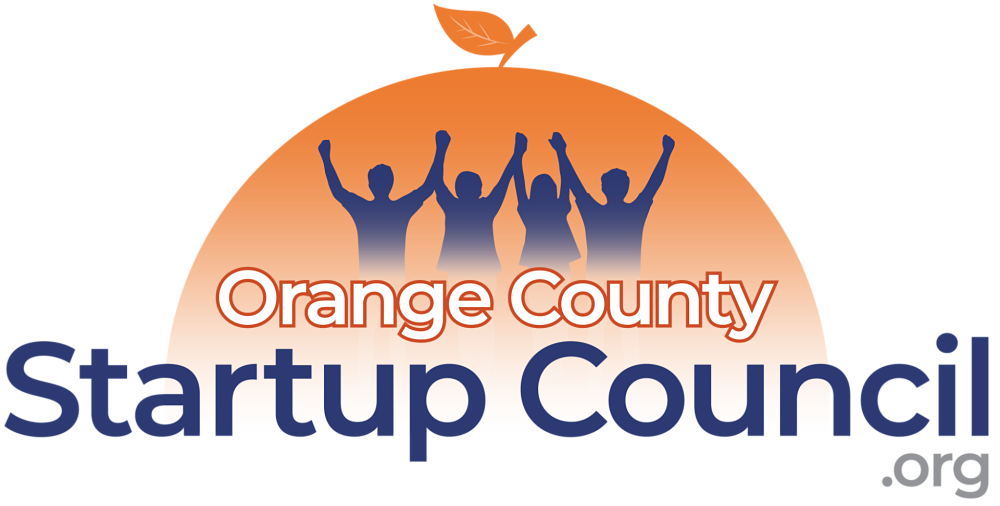Cryptocurrency: A Beginner's Guide
A Thought Leader Guest Post from Jon Stokes on 1729:
Crypto for People Who Don't Follow Crypto
A normie-friendly, buzzword-free argument for why crypto will change the world.
There are too few examples of an author making the long-term bull case for crypto without using econ buzzwords like "fiat" and "sound money," which is why this recent piece by Jon Stokes is such a good introduction to cryptocurrencies and DeFi for non-crypto people.
Cryptocurrencies are about to change everything the way the internet changed everything in the late '90s. We're in the early stages of another round of massive cultural upheaval that’ll be even bigger than the Web, social media, and the smartphone. You won't recognize the world in ten years — 2031 will be even further from 2021 than 2011 is.
Yes, I have drunk the crypto Kool-Aid in a big way. And in this post, I hope to show the curious and the skeptics what I see in the blockchain. Hopefully, at least my Kool-Aid drinking will make some sense by the time you're done with this, even if you're not personally convinced.
Decentralized finance (DeFi) and unbundling
Before going any further, go take a look at Uniswap. If you're not a crypto person, you're going to have no idea what you're looking at, but I encourage you to click through anyway and take a peek.
Uniswap is a cryptocurrency exchange, like Coinbase. Right now it has billions of dollars (USD) in assets flowing through it, a number that's growing.
But here's what's totally nuts: Uniswap doesn't actually exist in any technological (servers, accounts, log-ins, etc.) or legal (LLC, S-corp) form that we're used to.* Rather, Uniswap is a decentralized protocol, and the governing body of that protocol is a decentralized autonomous organization (DAO) on the Ethereum blockchain.
*Note: To be clear, there are servers, accounts, logins, and even some legal entities that Uniswap depends on in various capacities for its continued existence, but these building blocks are not configured and working together in a traditional way that even the savviest non-crypto nerds would recognize.
I won't unpack what a DAO is here — it's essentially a bag of smart contracts on the blockchain that let members (i.e., token holders) reach consensus and act collectively without knowing or caring about each other's real-world identities. What the Uniswap DAO enables is this scenario: if I'm a pseudonymous individual with a mobile phone and a crypto wallet (just a secure app that holds a set of secret numbers, or private keys, behind a password) offering, say, five stokescoins in exchange for one bitcoin, and you're a rando somewhere who has one bitcoin to trade for my five stokescoins, then you and I can find each other and swap this money, and there is literally nothing anyone anywhere can do about it.
There is no user account for either of us, and there's no governing body that can kick either of us off the service. You can be in a high-rise in Delhi, and I can be in an RV park in Texas, and neither of us can know anything about the other, yet with very little overhead we can trade currency in a way that's uncensorable because it there is no single intermediating party.
That's cool, right? Now think outside the realm of money.
Let's say I'm running an online coding school that offers accreditation, and various employers take the credentials I give out and make contracting hires based on them, (e.g., we need a graduate of the Intermediate Python for Data Analytics course from Jon's Coding Academy for this microtask that pays $500 USD in crypto). I can offer this course to a rural Chinese mobile phone user, and she can take the course, and when she passes an exam we can...
Read the rest of this article at 1729.com...
Thanks for this Guest Post and its graphics to Jon Stokes on 1729.
Want to share your advice for startup entrepreneurs? Submit a Guest Post here.
